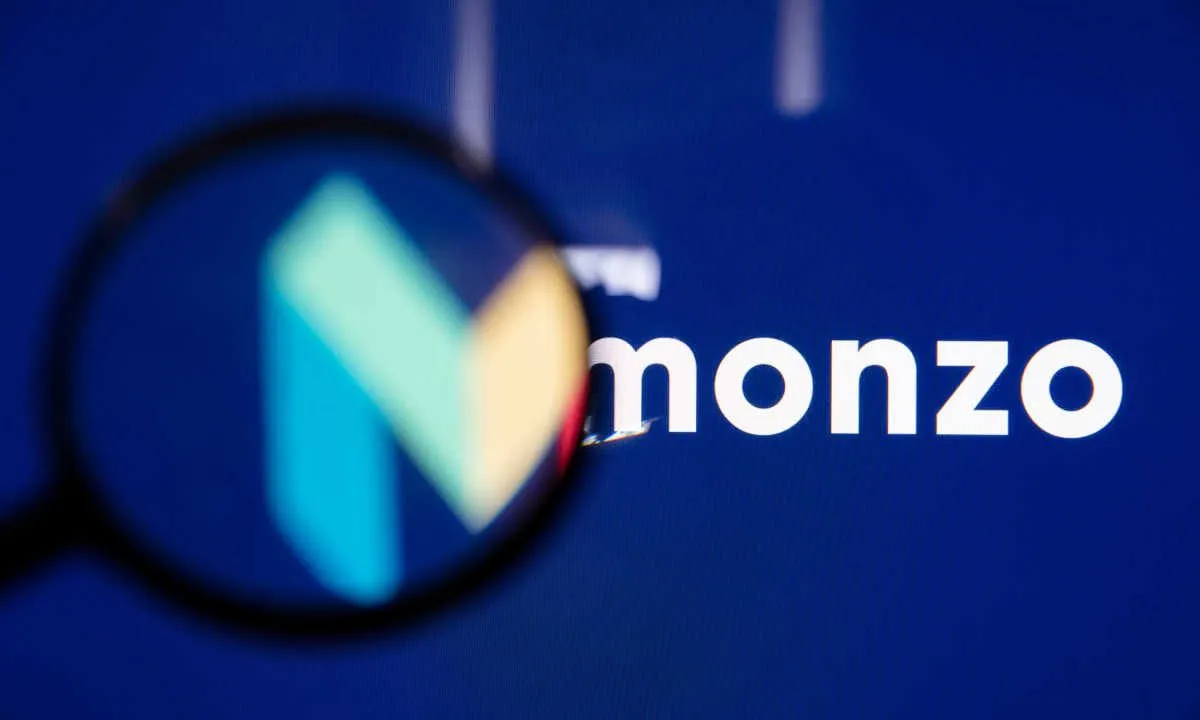After confirming a secondary market share sale to ensure liquidity for its employees, Monzo, a challenger bank based in the United Kingdom, is now valued at $5.9 billion
The transaction, which was initially reported yesterday, involved the acquisition of additional shares in the London-based fintech by existing investors, including Singapore’s sovereign wealth fund (GIC) and StepStone Group.
In essence, a secondary market sale is a form of compensation for employees who have successfully guided a company to its current position without the necessity of going public or, at the very least, purchasing it additional time.
Monzo’s year has been characterized by an abundance of activity. In May, only two months after commencing a $425 million Series I round that included a rare co-investment by Alphabet’s CapitalG and sibling VC firm GV, the company raised $190 million.
Since its inception nine years ago, the venture has raised approximately $1.5 billion.
Monzo’s pre-money valuation was £3.6 billion ($4.6 billion) at the time of its March fundraise, which suggested a post-money valuation of £4 billion ($5 billion).
This valuation increased marginally with the second tranche that followed in May. Monzo reported its first full-year (pre-tax) profit the following month, with revenues that had more than doubled from the previous year.
The company asserts that 20% of U.K. citizens and 6% of businesses in the country are its customers.
This growth, in conjunction with a roadmap that encompasses a broader European expansion and plans to expedite its introduction in the U.S. market, where it appointed a new CEO last October, has evidently been deemed adequate to warrant a valuation increase in the last five months.

Revolut, a rival U.K. neobank, recently announced a new valuation of $45 billion through a comparable secondary market transaction. This announcement was made shortly after the company obtained its own banking licenses in the U.K. and Mexico.
Monzo CEO TS Anil stated in a statement, “It is a pleasure to be able to meet the growing demand for Monzo equity and provide employees with some liquidity.”



